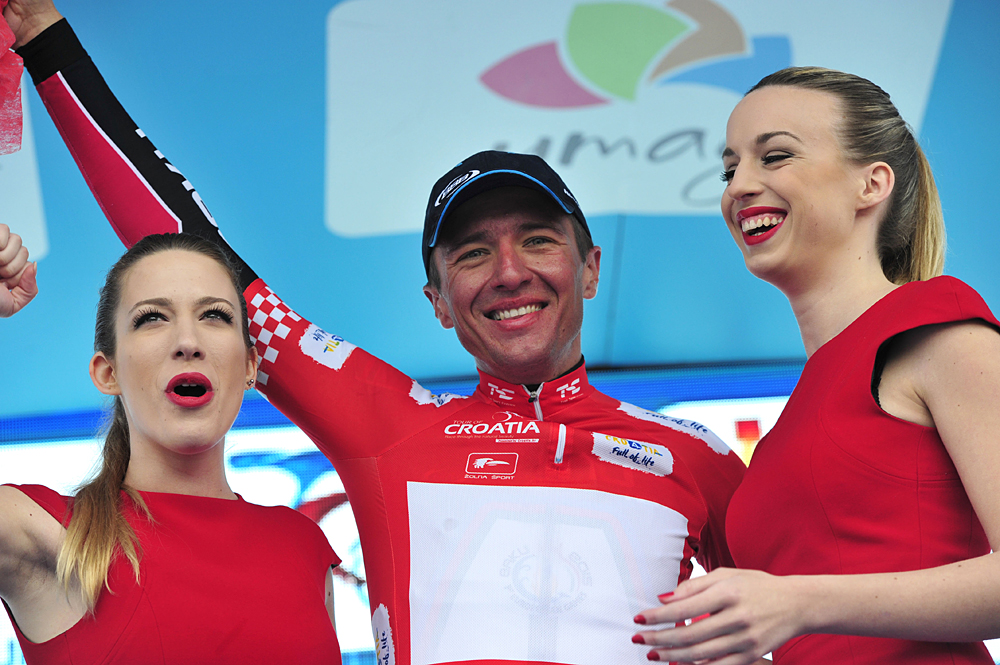Kvasina positive for EPO stimulator at Fleche du Sud
Experimental drug mimicks altitude training
The latest race content, interviews, features, reviews and expert buying guides, direct to your inbox!
You are now subscribed
Your newsletter sign-up was successful

Croatian cyclist Matija Kvasina (Team Felbermayr - Simplon Wels), 35, has been provisionally suspended after testing positive for an experimental drug known as Molidustat (BAY-85-3934) on two tests taken during his overall victory at the Fleche du Sud.
Molidustat is a class of drugs that act on the same physiological pathways as altitude training, where oxygen deprivation stimulates the body's production of erythropoeitin (EPO), leading to the enhanced ability to deliver oxygen to exercising muscles and delay fatigue.
In a low-oxygen environment like high altitude, the body makes a protein called hypoxia-inducible factor (HIF), which is the key to unlocking a cascade of effects that allows the body to adapt and thrive with less oxygen - including making more of its own EPO and mobilizing iron to keep up with the creation of new red blood cells.
HIF is kept in check when there is plenty of oxygen by enzymes called prolyl hydroxylase (PH) that keep it turned off, but poised at the ready if oxygen levels drop.
Molidustat blocks PH, allowing HIF to go about making the changes at sea level that it normally would only make at altitude.
Kvasina is the first cyclist to test positive for the drug, which was developed to treat patients with kidney failure that do not make sufficient EPO to be healthy. It falls under the WADA-banned category of drugs Peptide drugs, growth factors, related substances and mimetics, and has an action similar to FG-4592.
Fabio Taborre tested positive for FG-4592 in 2015, while Chilean Carlos Oyarzun was banned for using the same substance in 2016.
The latest race content, interviews, features, reviews and expert buying guides, direct to your inbox!
Kvasina can contest the result and request B-sample analysis.

